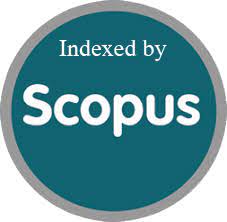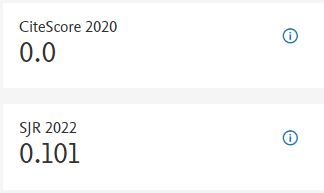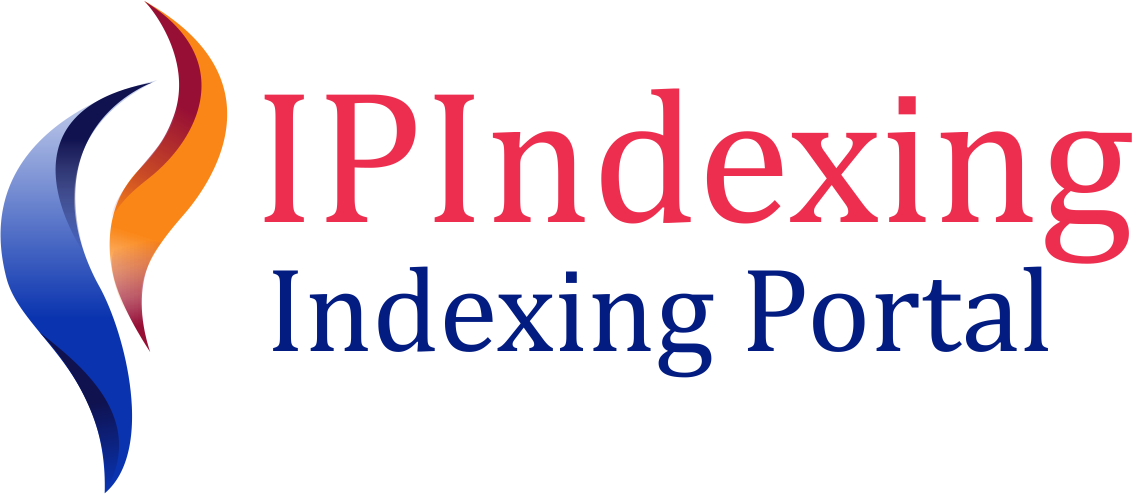"Harnessing AI and Digital Marketing for Enhanced Online Education Post-COVID-19: Opportunities and Challenges"
DOI:
https://doi.org/10.7492/8qrkkf58Keywords:
Online education, Artificial Intelligence, Digital marketing, Social media marketing, COVID-19, Student engagement, Learning outcomesAbstract
The COVID-19 pandemic has significantly accelerated the adoption of online education, prompting institutions and educators to explore innovative technologies such as Artificial Intelligence (AI) and digital marketing strategies to enhance the effectiveness and reach of online learning platforms. This research aims to investigate the role of AI and digital marketing, particularly social media marketing, in the expansion and improvement of online education post-COVID-19. Through a comprehensive review of literature, case studies, and empirical data analysis, this study seeks to identify the opportunities and challenges associated with the integration of AI and digital marketing in online education. Furthermore, it aims to provide insights into best practices and strategies for leveraging these technologies to optimize student engagement, learning outcomes, and institutional growth in the evolving landscape of digital education.
The research aims to study the role of AI and digital marketing, specifically social media marketing, in expanding and improving online education after COVID-19. It plans to analyze literature, case studies, and data to understand the opportunities and challenges of integrating AI and digital marketing in online education. Additionally, the study aims to provide insights on best practices and strategies to use these technologies to improve student engagement, learning outcomes, and institutional growth in the digital education landscape.
References
Anderson, C. A. (2021). Artificial Intelligence in Education: Opportunities and Challenges. Journal of Educational Technology Systems, 50(1), 77–101. DOI: 10.1177/0047239520957223
Bates, T. (2020). Teaching in a Digital Age: Guidelines for Designing Teaching and Learning (2nd ed.). Tony Bates Associates Ltd.
DeLaney, B. (2021). AI in Education: Promise and Challenges. The NEA Higher Education Advocate, 38(1), 11–14.
Digital Marketing Institute. (2020). The Essential Guide to Digital Marketing. Digital Marketing Institute.
Fryer, L. K., Bovee, H. N., & Nakao, H. (2021). Ethical and Privacy Issues in AI-Driven Personalized Learning. TechTrends, 65(2), 159–167. DOI: 10.1007/s11528-020-00586-3
Goldstein, P. J., & Naglieri, J. A. (2020). Handbook of Intelligence: Evolutionary Theory, Historical Perspective, and Current Concepts. Springer.
Johnson, L., Adams Becker, S., Cummins, M., Estrada V., Freeman, A., & Hall, C. (2020). The New Media Consortium Horizon Report: 2020 Higher Education Edition. EDUCAUSE.
Liao, H., Yuan, H., & Liu, W. (2021). How AI Can Facilitate Online Education. Journal of Computer Assisted Learning, 37(2), 220–229. DOI: 10.1111/jcal.12526
McPherson, M., & Nunes, M. B. (2020). COVID-19: A Catalyst for Change in Education? Education and Information Technologies, 25(5), 4035–4042. DOI: 10.1007/s10639-020-10325-x
Murphy, M. C., & Wolf, C. (2021). The Social, Cultural, and Ethical Dimensions of AI and Digital Marketing in Education. TechTrends, 65(2), 179–187. DOI: 10.1007/s11528-020-00588-1
Papert, S. (2020). Mindstorms: Children, Computers, and Powerful Ideas (2nd ed.). Basic Books.
Picciano, A. G. (2017). The Evolution of Big Data and Learning Analytics in American Higher Education. Journal of Asynchronous Learning Networks, 21(3), 8–19. DOI: 10.24059/olj.v21i3.1224
Siemens, G., & Gasevic, D. (2020). Guest Editorial: Ethical and Privacy Considerations for Learning Analytics. Journal of Learning Analytics, 7(3), 1–6. DOI: 10.18608/jla.2020.73.1
UNESCO. (2020). Education in a Post-COVID World: Nine Ideas for Public Action. UNESCO.
Zhu, W., Li, S., & Zhou, G. (2021). Using Digital Marketing to Promote Online Education: A Case Study of Coursera. Journal of Higher Education Management, 33(1), 92–98.

















